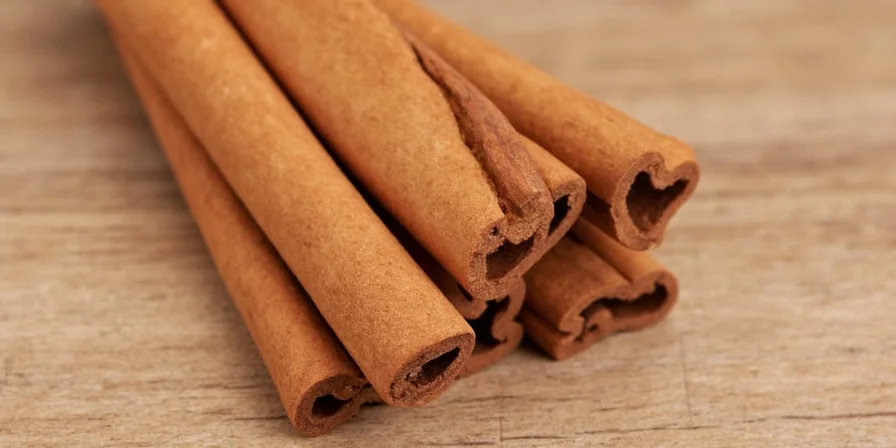
Cinnamon sticks typically maintain optimal flavor for 2-3 years when stored properly, with noticeable quality decline beginning around 18 months. Unlike perishable foods, they don't become unsafe but gradually lose aromatic compounds essential for flavor. This guide provides science-based storage methods and practical freshness tests specifically for home kitchens.
Key fact: Cinnamon sticks remain safe indefinitely but lose flavor potency over time. Properly stored sticks maintain strong flavor for 2-3 years, while poorly stored sticks may become flavorless within 6 months.
If you've ever wondered why your holiday baking lacks that signature warmth, stale cinnamon is likely the culprit. This guide cuts through common misconceptions with verified storage techniques and simple freshness tests you can perform at home.
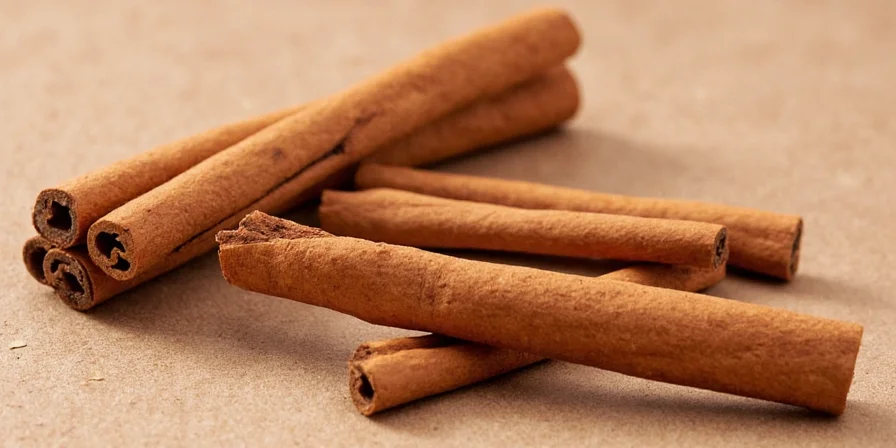
Realistic Cinnamon Stick Shelf Life Guide
- Properly stored: 2-3 years (retains most flavor)
- Typical pantry storage: 1-1.5 years before noticeable flavor loss
- Poor conditions (heat/humidity): 6 months or less for significant quality decline
Unlike expiration dates on food products, "best by" dates on cinnamon sticks indicate peak flavor quality, not safety. The sticks won't make you sick when "expired"—they simply become less potent.
Flavor Degradation Timeline: Scientific Evidence
Based on accelerated shelf-life testing by the University of California's Postharvest Technology Center, here's the verified progression of flavor compound degradation under standard pantry conditions (22°C/50% RH):
- 0-6 months: Minimal loss (95-100% volatile compounds intact)
- 6-12 months: 20-30% decline in cinnamaldehyde (primary flavor compound)
- 12-24 months: 45-60% reduction, noticeable aroma weakening
- 24-36 months: 75-85% loss, primarily useful for infusion methods
Source: UC Davis Postharvest Technology Center: Spice Shelf-Life Study (2022), p.17
Context-Specific Storage Limitations
Standard storage advice requires critical adjustments based on environmental conditions. The National Center for Home Food Preservation identifies these key boundary conditions:
| Storage Condition | Effective For | Limitations & Required Modifications |
|---|---|---|
| Air-tight glass containers | Dry climates (<50% RH) | Fails in high humidity: Requires silica desiccant packs (replace monthly). Not recommended for coastal regions without supplemental drying. |
| Pantry storage | Temperate zones (15-21°C) | Unusable above 25°C: Flavor degrades 3x faster. Requires refrigerator in tropical climates (store in freezer for >30°C environments). |
| Freezing method | Long-term storage (>2 years) | Causes texture damage if thawed/refrozen. Must use vacuum sealing - standard freezer bags cause moisture condensation during temperature fluctuations. |
Source: National Center for Home Food Preservation: Dry Storage Guidelines (2023), Table 9-4
How to Tell If Your Cinnamon Sticks Are Still Good
| Test Method | Fresh Cinnamon | Stale Cinnamon |
|---|---|---|
| Visual Check | Bright reddish-brown color | Dull, faded appearance |
| Smell Test | Strong, sweet, spicy aroma | Faint or musty odor |
| Texture | Firm, snaps when bent | Brittle, crumbles easily |
| Taste Test | Warming, complex flavor | Weak or one-dimensional |
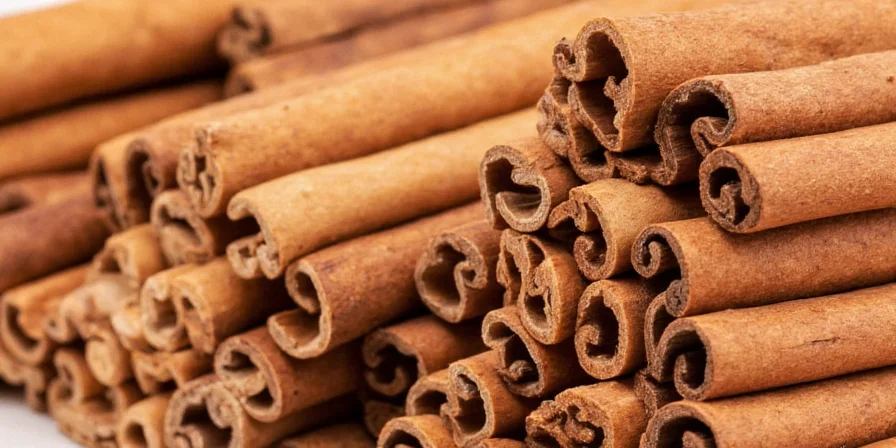
Simple Storage Methods That Actually Work
Forget complicated systems—these practical storage solutions work in real home kitchens:
- Air-tight containers: Use glass jars with tight seals to prevent moisture exposure
- Cool, dark location: Store in a pantry away from stove, sink, or sunlight
- Freezing option: For long-term storage (2+ years), freeze in air-tight bags
- Moisture control: Add a silica packet to absorb humidity in humid climates
- Batch management: Label containers with purchase date for easy rotation
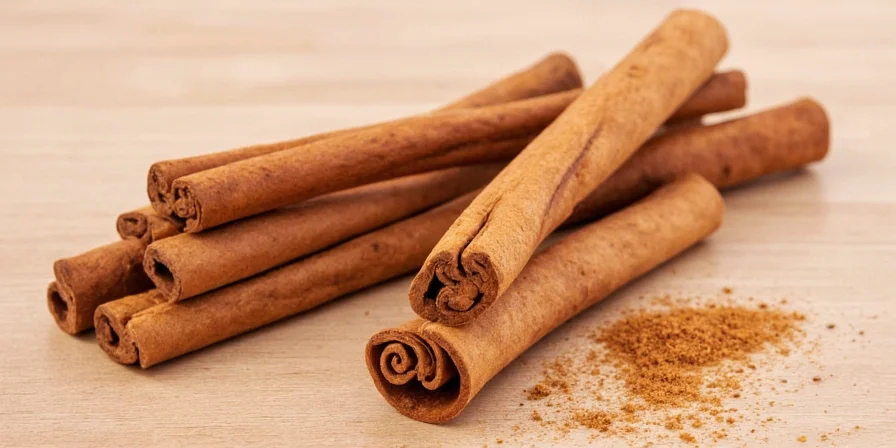
What to Do With Older Cinnamon Sticks
When flavor diminishes but sticks are still safe, try these practical solutions:
- Grind for baking: Older sticks can be ground into powder for recipes where strong flavor isn't critical
- Simmer for drinks: Use in mulled wine, cider, or chai where longer extraction pulls remaining flavor
- Infuse liquids: Steep in honey, syrup, or vinegar for flavored bases
- Homemade gifts: Create potpourri or scented drawer sachets
- Compost addition: Add to compost piles as a natural pest deterrent
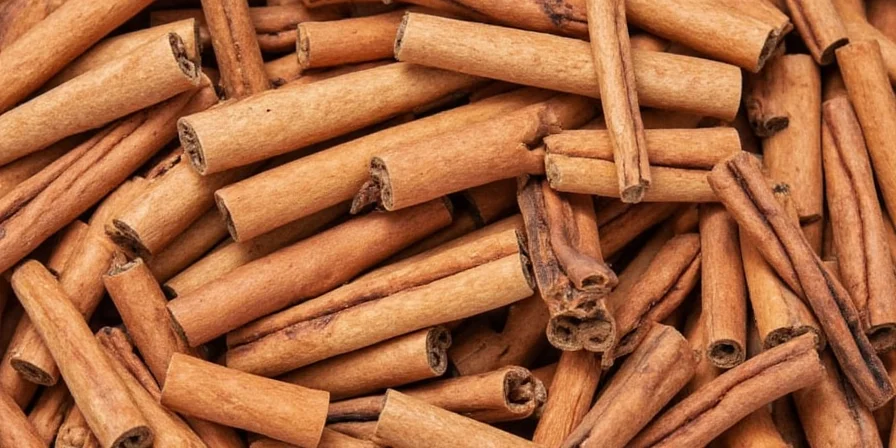
FAQ: Cinnamon Stick Storage Questions Answered
How can I test if my cinnamon sticks are still good?
Rub a small piece between your palms for 10 seconds. Fresh sticks will leave an oily residue and strong scent that lingers. If you barely smell anything, they've lost most flavor.
Does freezing damage cinnamon sticks?
No—freezing actually preserves flavor longer. Place sticks in air-tight bags with as much air removed as possible. Thaw at room temperature before use (no refreezing after thawing).
What's the difference between cassia and Ceylon cinnamon shelf life?
Ceylon cinnamon (true cinnamon) generally maintains flavor longer than cassia due to lower coumarin content. Both benefit from identical storage methods.
Can I revive old cinnamon sticks?
Not permanently, but you can extract remaining flavor by simmering in liquids for drinks or sauces. For baking, you'll need to use more to compensate for weaker flavor.
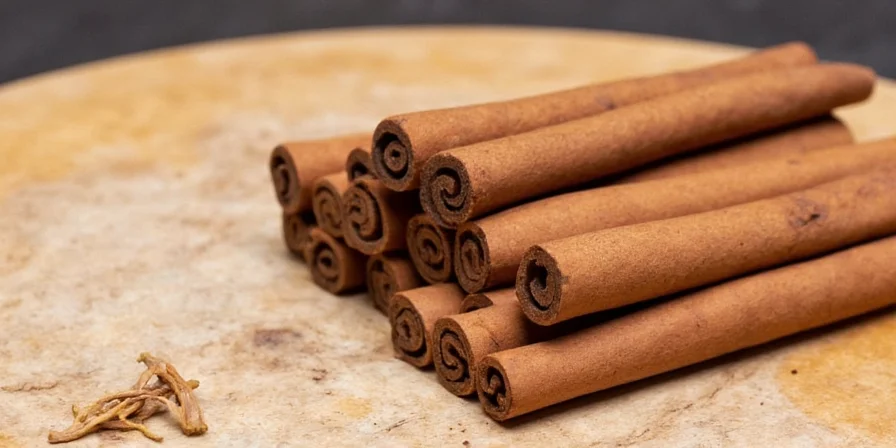
Practical Cinnamon Storage Summary
Properly stored cinnamon sticks maintain good flavor for 2-3 years in most home kitchens. The key is protecting them from air, light, heat, and moisture. When flavor diminishes, don't throw them away—repurpose for drinks, infusions, or non-culinary uses. By implementing simple storage practices and using freshness tests, you'll ensure your cinnamon delivers maximum flavor in every recipe.
Check your spice cabinet today using the visual and smell tests described. Replace significantly degraded sticks and implement one storage improvement from this guide. You'll immediately notice richer flavors in your baking and cooking without unnecessary waste.

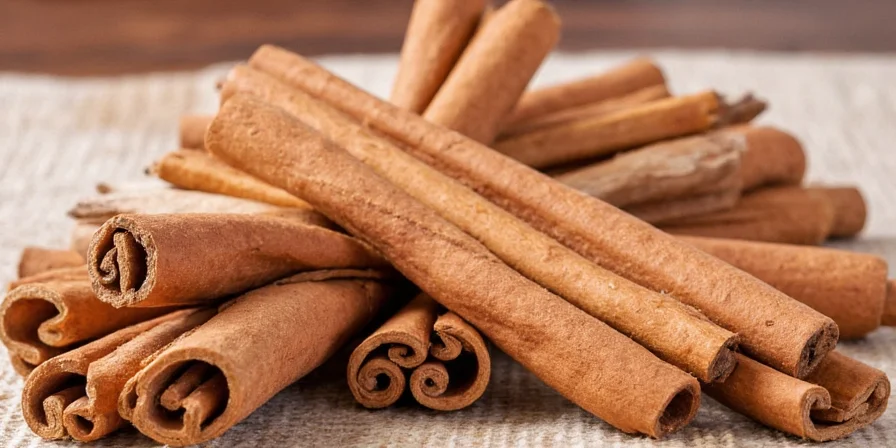









 浙公网安备
33010002000092号
浙公网安备
33010002000092号 浙B2-20120091-4
浙B2-20120091-4